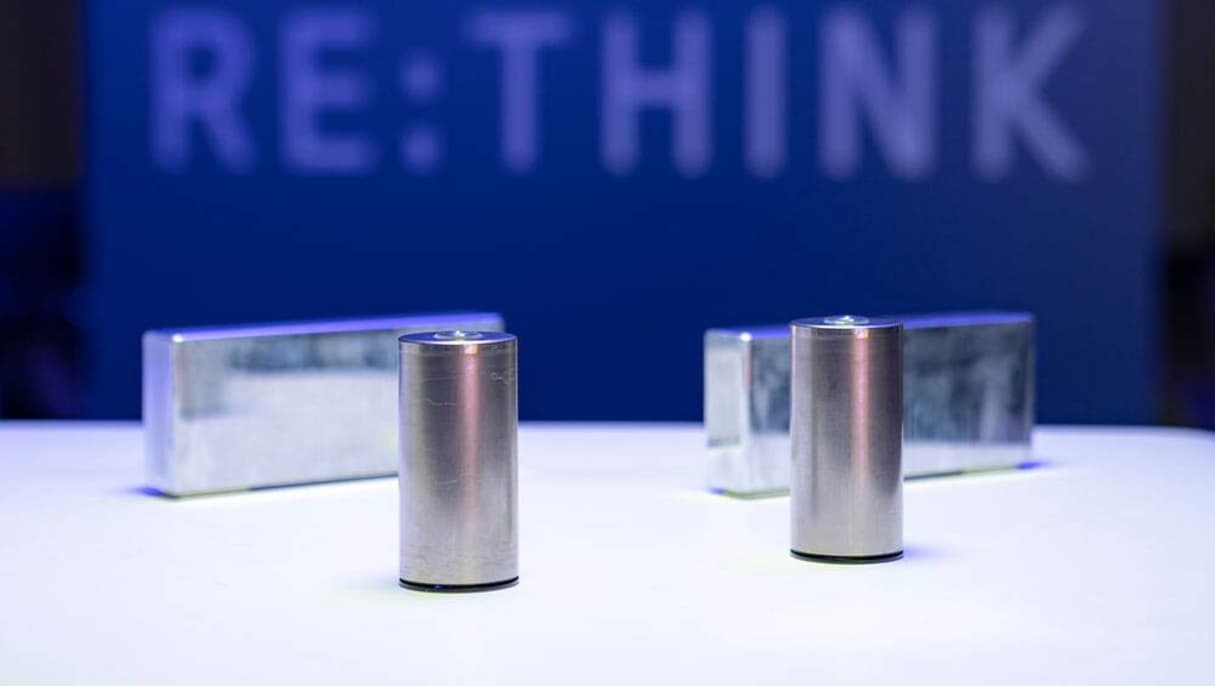Could BMW overtake Tesla in the long-distance electric car game? That’s what it’s on the path to do if its new EV battery tech does what it says on the tin.
Faster charging, lower weights, and longer driving ranges are all on the cards for BMW’s ‘Neue Klasse’ models utilising the sixth generation of BMW eDrive technology from 2025.
Using round battery cell architecture (as Tesla does), rather than the flat cells used previously, BMW says the highest-ranged models in its electric car family will be able to travel up to 30 per cent further on a single charge.
In its press release, BMW also said the charging speeds for its models could improve by up to 30 per cent through allowing a higher charging capacity - around 270kW for DC charging.
Thanks to their new shape, the cells can be used as integral and integrated parts of the vehicles’ structure, saving space. In addition, the batteries will be between 10 and 20 per cent lighter than before, according to BMW’s Efficient Dynamics boss Thomas Albrecht in a statement to Autocar.
He also said, despite the jump in range potential, he didn’t see any current reason for the company to pursue driving ranges of more than 1000km.
To allay concerns that the batteries might not last as long while performing at these levels, Albrecht said “legislation is coming in to further guarantee battery life".
“For instance, the US will require a minimum 80 per cent battery performance after 10 years. We're performing better than that.”
To use an Australian perspective, the drive between Melbourne and Sydney is just under 900km, and as most travellers would take at least one significant break in that time (on a route with widely available charging), range anxiety should be a thing of the past.

Further to the direct improvements to range and efficiency, BMW says the costs and emissions from manufacturing these batteries also decreases.
BMW head of development Frank Weber says the CO2 emissions from cell production drops up to 60 per cent with the new batteries, while the company statement adds “costs can be reduced by up to 50 per cent, compared to the current fifth generation”.
The batteries will use more nickel and less cobalt, while more silicon will be required for the new generation of cells.
Two companies in China have been awarded contracts upwards of 10 billion euros (AUD$14.9 billion) each, and will both build two gigafactories to supply BMW with the batteries to power its global fleet.
BMW adds that two more yet-to-be-determined factories will be built in North America.


.jpg)
.jpg)


.jpg)




.jpg)
.jpg)

.jpg)


.jpg)
.jpg)
.jpg)




.jpg)